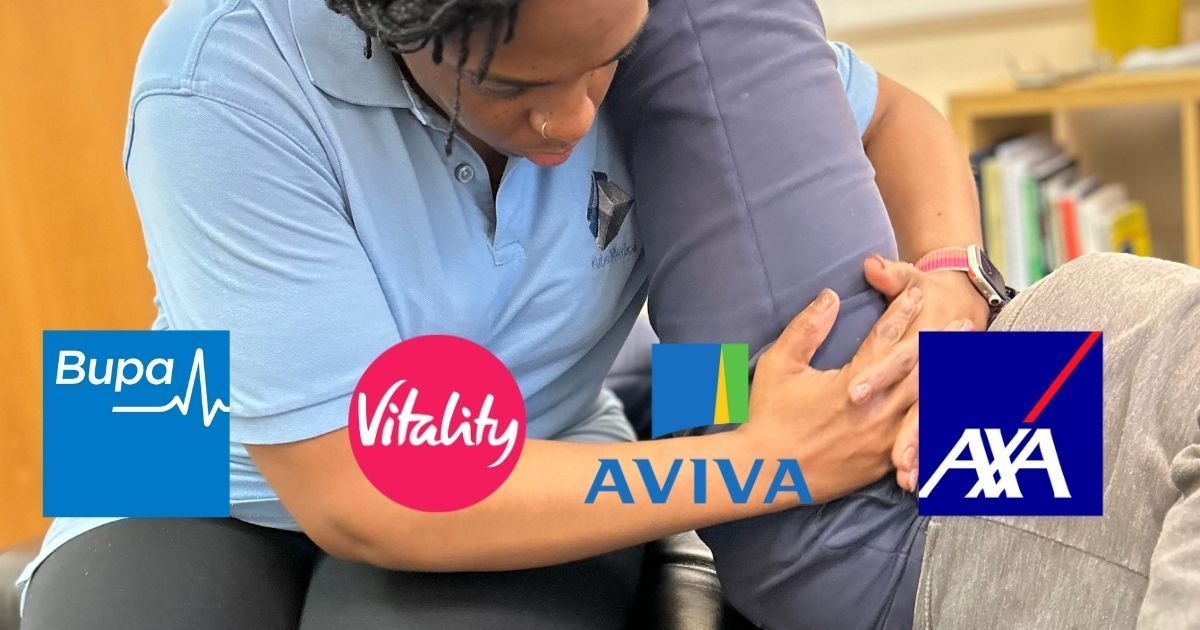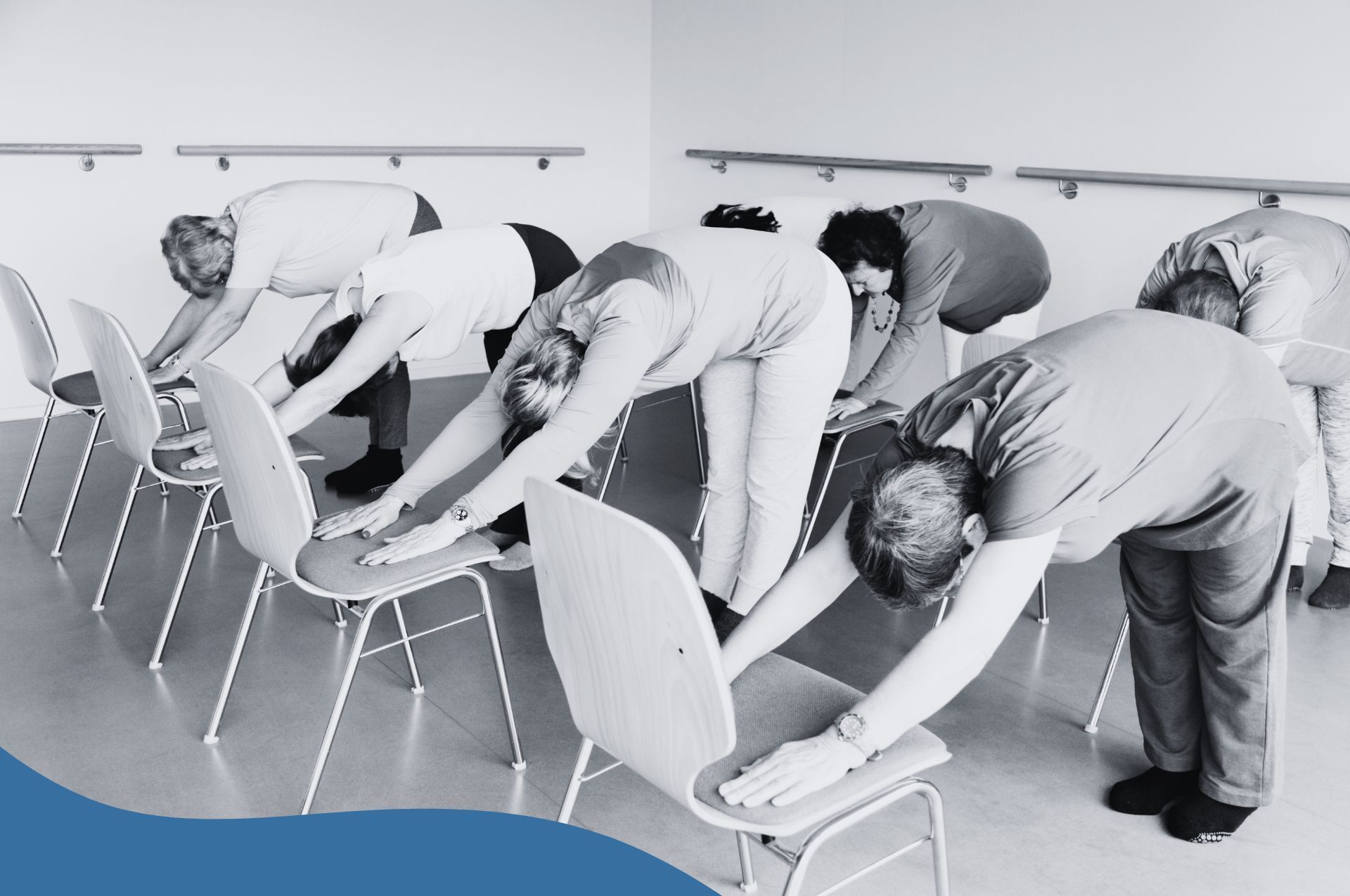How retained reflexes can impact childhood development
Samantha Campbell • 15 February 2020
How Retained Reflexes Can Impact Childhood Development
Reflexes play an important part in the way our bodies develop. Last week, I took some time away from the clinic to develop my own skills in recognising and addressing retained reflexes.
After a short period out of clinic, last week was a case of “back with a bang” for me, and back to a full list of patients on my clinic days, followed by a four day course on retained reflexes in children.
Reflexes are developed as we develop in the womb to help us as part of our development and survival. Some are with for a certain stage of development and then fall away, such as the Palmar reflex. An example of this is when you stroke the palm of a newborn baby, it will grasp your finger.
Some reflexes are carried forward into adulthood, such as the “knee jerk” or patellar reflex. An example of this is when you tap below the kneecap, your lower leg involuntarily kicks forward.
As infants grow and develop, reflexes are integrated into the neural system. If they’re not integrated into the system properly, that can prevent adult reflexes from forming normally, potentially causing other issues. These are usually related to coordination and can play a part in poor handwriting, poor concentration, inability to sit still and lack of motor skills.
I’ve seen a couple of examples of this in clinic recently:
- One child I saw was struggling to hold cutlery. By pressing on the palm of one hand, then the other, I noted his mouth would open, suggesting a retained Babkin reflex. This reflex is believed to be for when they grip their mother as an infant. When they do this, they open their mouth as if to latch on to feed.
- Another child came in with a retained asymmetrical tonic neck reflex (ATNR). This reflex can be seen when an infant turns their head towards one arm. The arm they are looking towards straightens and the opposite arm bends - think Usain Bolt celebrating a world record! She would write with the paper a long way away from her body and her head on the desk, resulting in poor handwriting compared with her classmates.
In both of these examples, we were able to help integrate the reflexes through a series of exercises and hands on treatment.
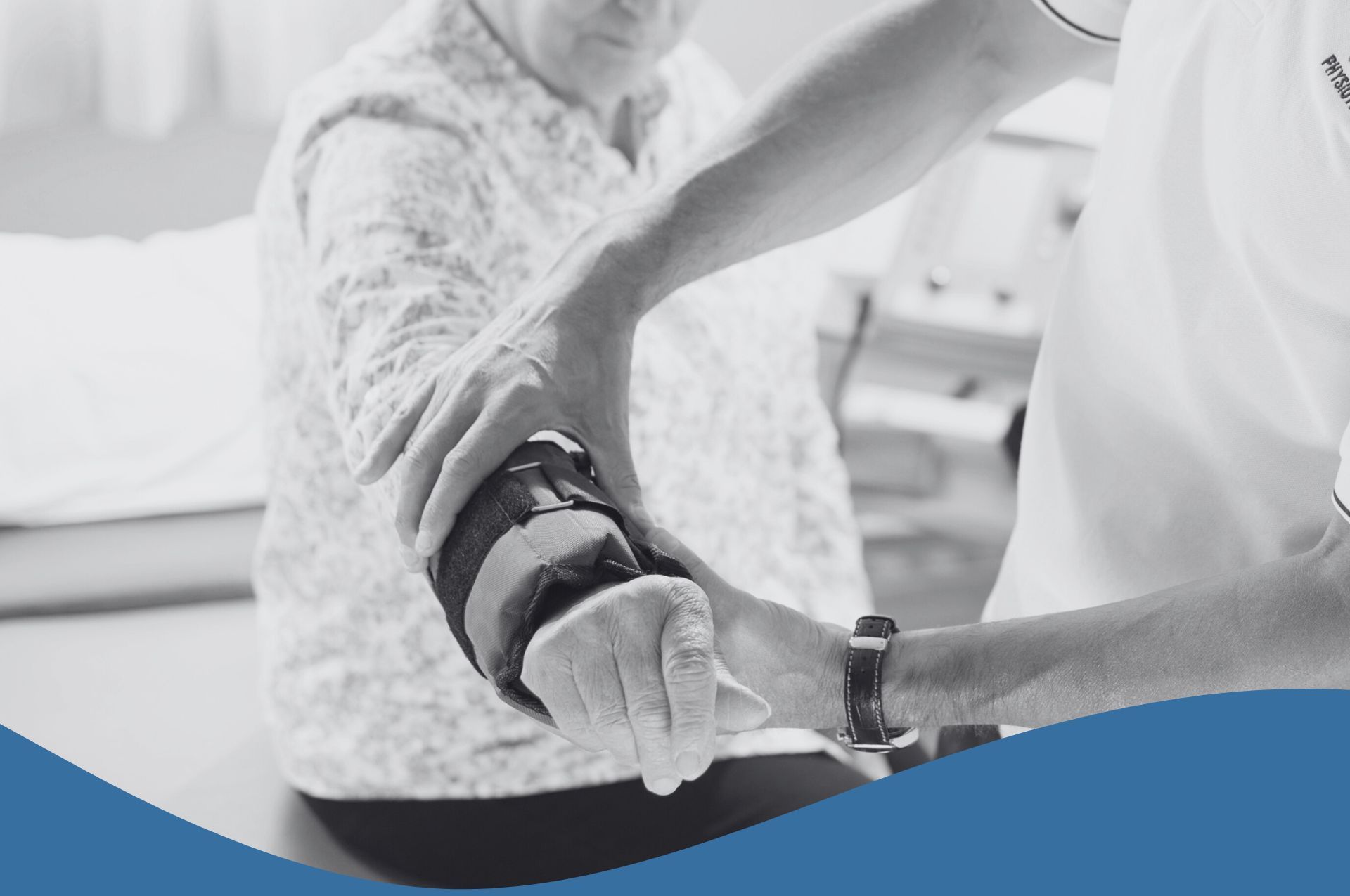
At Kube medical, we believe high-quality physiotherapy should be accessible, comfortable, and convenient. That’s why we provide professional home-visit physiotherapy services, helping you recover in the comfort of your own home and at a time that fits your lifestyle. Whether you're recovering after surgery or trying to fit treatment around a busy schedule, our personalised approach ensures you feel supported, motivated and confident every step of the way.
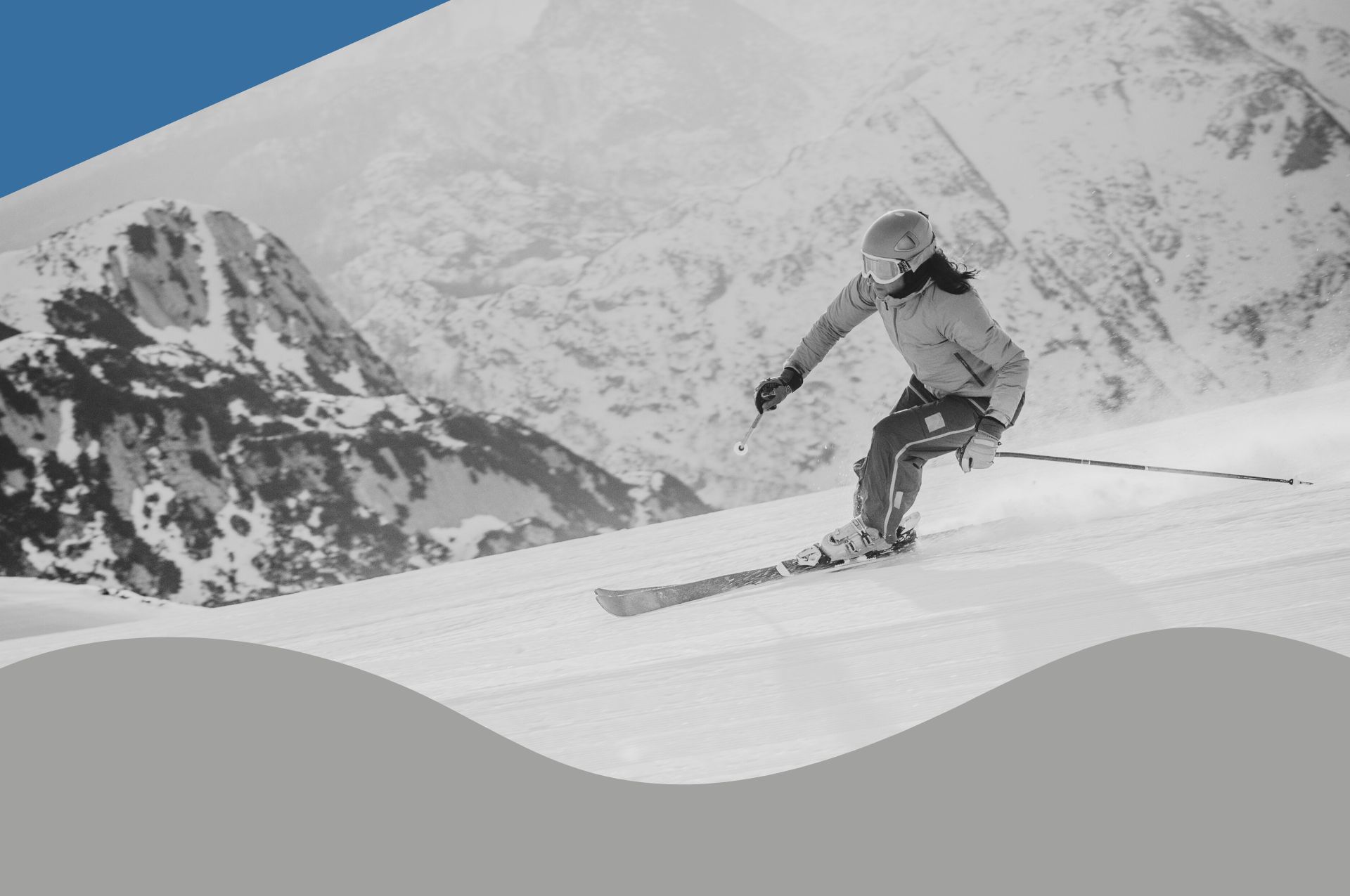
As the days get shorter and the air turns crisp, many of us start dreaming about fresh powder, mountain air, and that first exhilarating run of the ski season. But before you dust off your boots, it’s worth thinking about one crucial thing: your body’s readiness. Whether you’re a seasoned skier eager to hit the slopes from day one, or an occasional skier looking to make the most of a long-awaited trip, a little “pre-hab” — preparing your body in advance — can make all the difference between an enjoyable week on the mountain and one cut short by fatigue or injury.
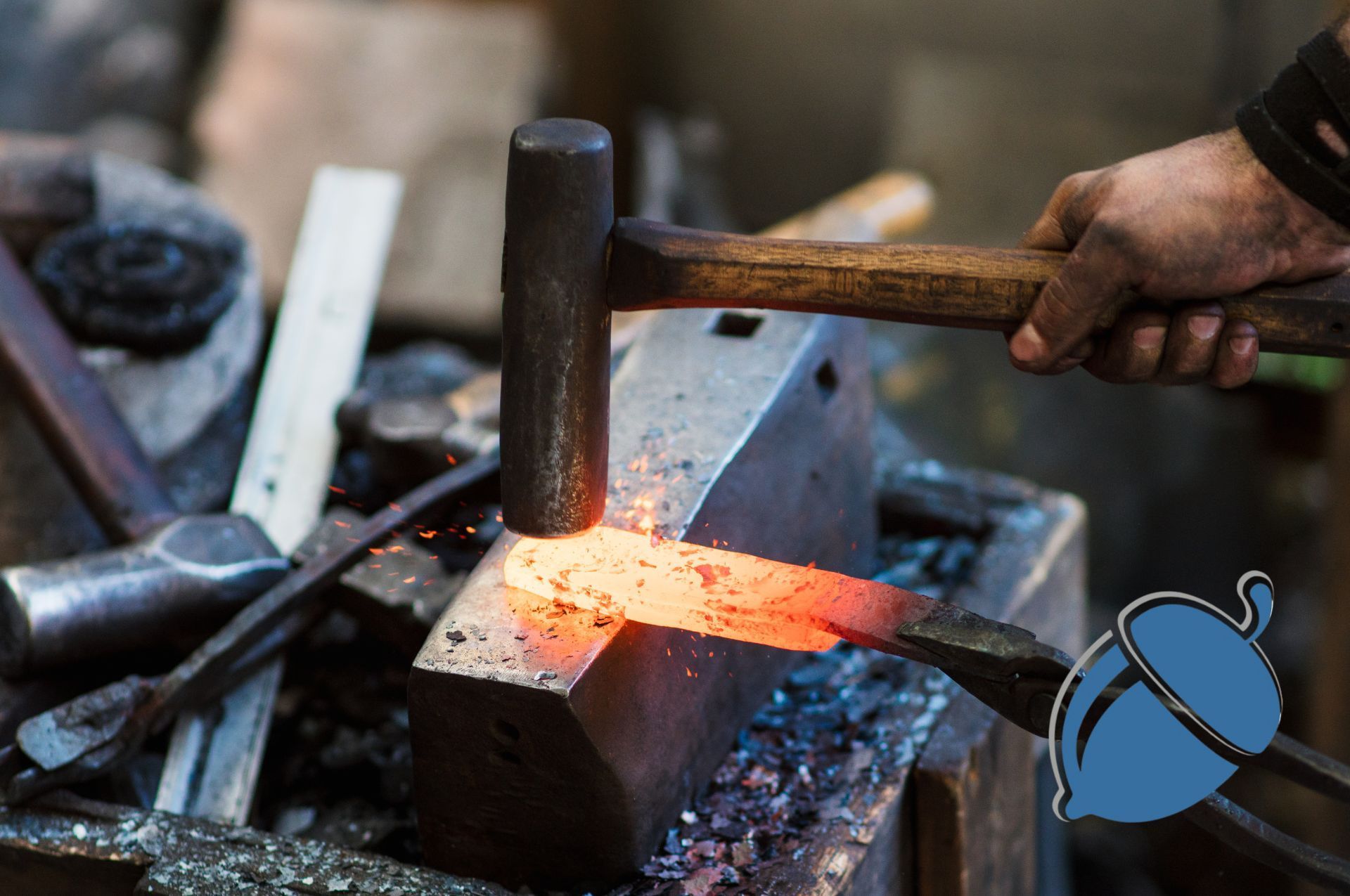
There’s no easy way to put it — the sudden closure of Private Midwives has left a real void, both professionally and personally, for many highly experienced tongue tie practitioners. It’s disrupted livelihoods, interrupted the continuity of care for families, and forced many to face a wave of uncertainty.


